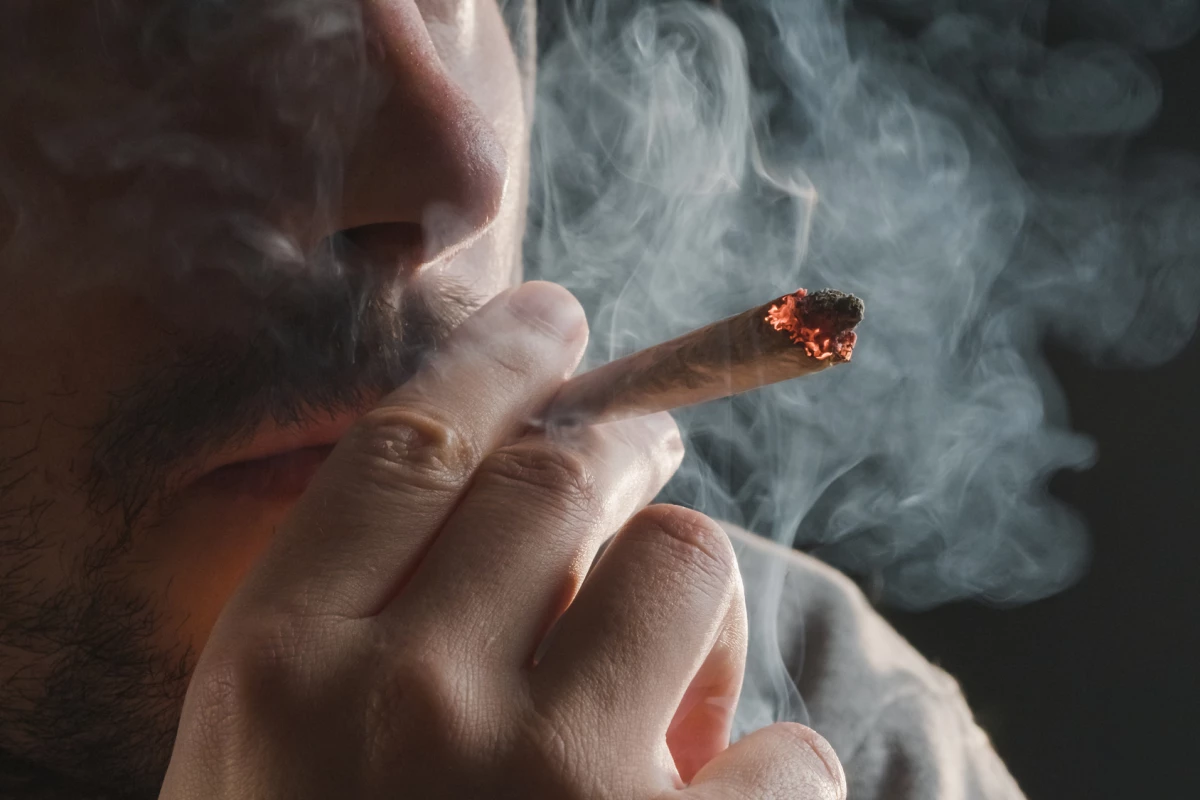Consuming cannabis can certainly be a way to deal with some health conditions like chronic pain or insomnia. But when a user goes too far and winds up in the hospital, the negative consequences can reach far into the future, says a new study.
While the Grateful Dead once sang "too much of everything is just enough," that certainly doesn't seem to be the case with a substance well-known to many a Deadhead: cannabis. Though the psychoactive plant has been linked to plenty of health benefits including better sleep, putting the brakes on melanoma growth, and improving a range of quality-of-life factors, excessive use of the drug has been shown to spike coronary artery disease risk and impair brain function in young users.
Now a team of Canadian researchers has added another warning to partaking too vigorously in cannabis: dementia.
In reaching their conclusions, scientists from institutes across Canada looked at a database consisting of six million adults aged 45 or older, none of whom had a history of dementia. They then found 16,275 individuals who had gone to the hospital from cannabis overuse.
Of that subgroup, 5% were diagnosed with dementia within five years, while 19% were diagnosed with the condition within 10 years. That represented a 23% greater risk in a dementia diagnosis over those who had received acute care for any other condition, and a whopping 72% higher risk than those in the general population.
Brain change
“Long-term and heavy cannabis use has been associated with memory problems in midlife along with changes in brain structure associated with dementia,” says study lead author Daniel Myran. “We set out to estimate the risk of being diagnosed with dementia in a group of people whose cannabis use resulted in a visit to the emergency room or required a hospitalization for treatment.” Myran is an Adjunct Scientist at the Institute for Clinical Evaluative Sciences in Ottowa, where the medical data used in the study was compiled.
Digging into the data further, the researchers say they also saw a five-fold increase in first-time acute care visits from cannabis use between 2008 and 2021.
The scientists also issued a couple of cautions with their study. First, they say, because the study only looked at hospital admissions from cannabis overuse, there's no way of telling how those who abuse the drug but have never gone to the hospital for it may or may not develop dementia in the future.
Secondly, they say that the study does not indicate that cannabis causes dementia – only that a relationship between the two has been discovered by combing through vast amounts of data.
As for why that link might exist, study co-author Colleen Webber has a theory.
“Regular cannabis use might directly increase the risk of dementia through changes in brain structure," she said. "It’s also possible that regular cannabis use increases the risk of other established risk factors for dementia, including high blood pressure, head trauma and other injuries, and a higher risk for depression and social isolation.”
"While we collectively need more research to better understand potential risks of regular cannabis use on cognition and dementia, we hope these findings can inform discussion between patients and healthcare providers,” concluded Myran.
The study results have been published in the journal JAMA Neurology.
Source: Institute for Clinical Evaluative Sciences via EurekAlert





